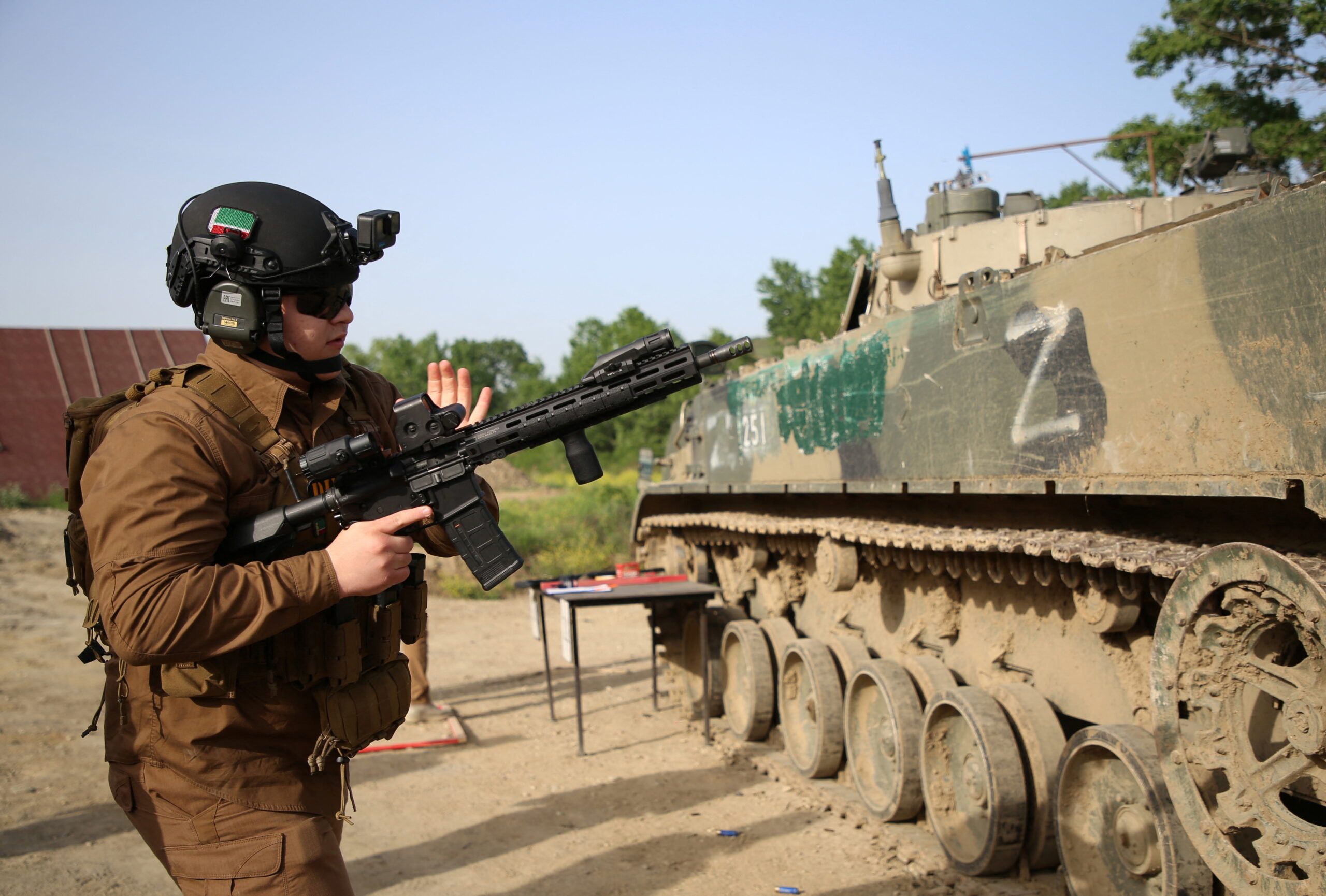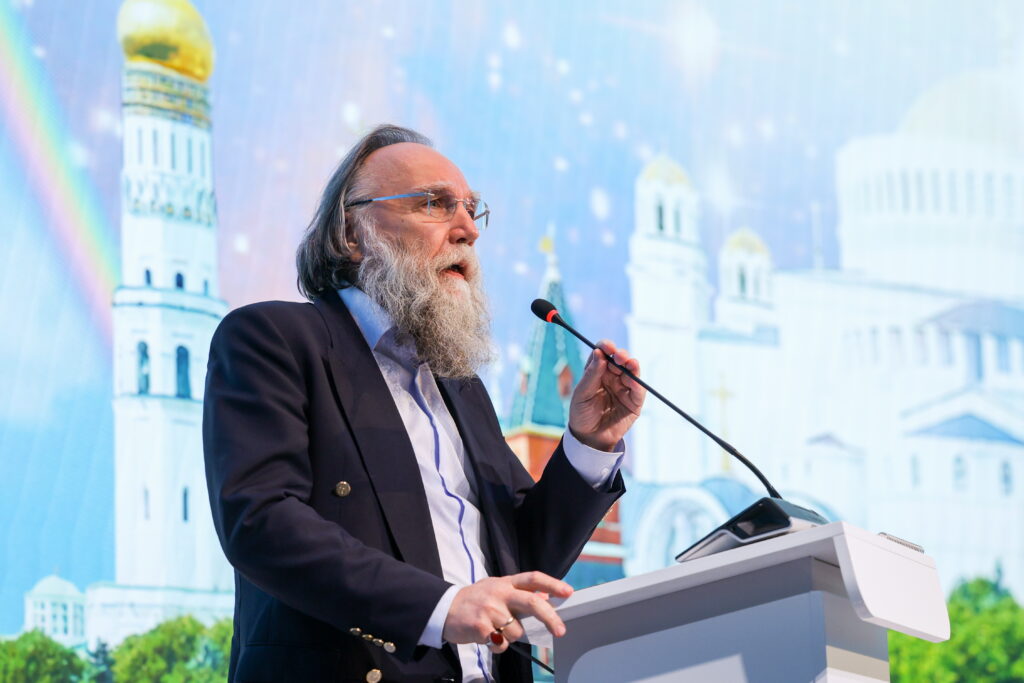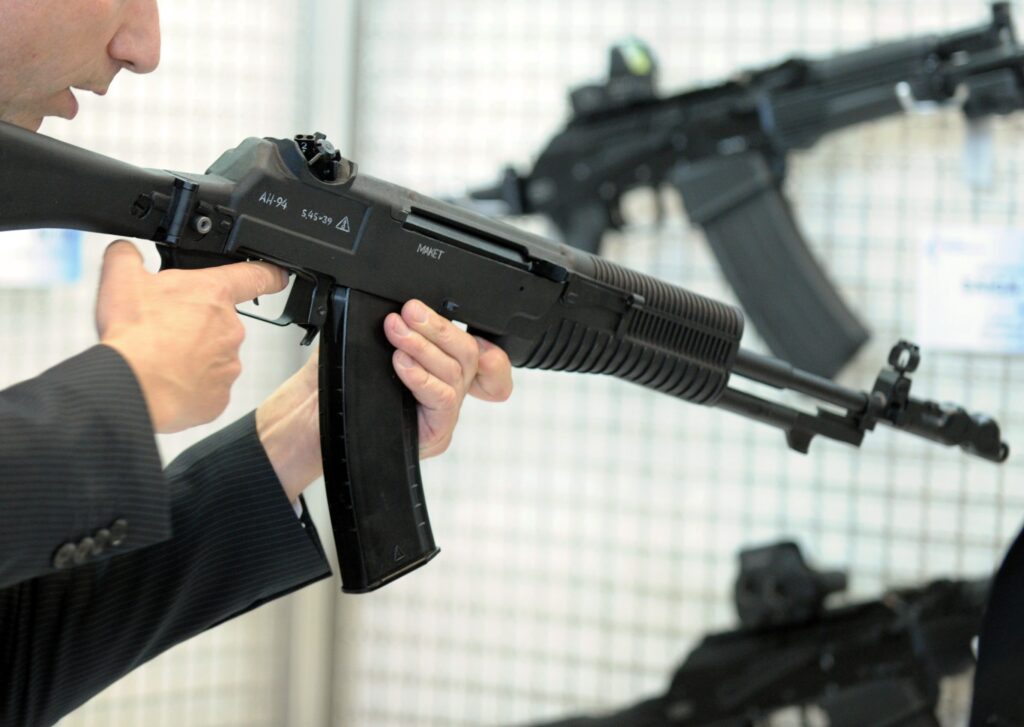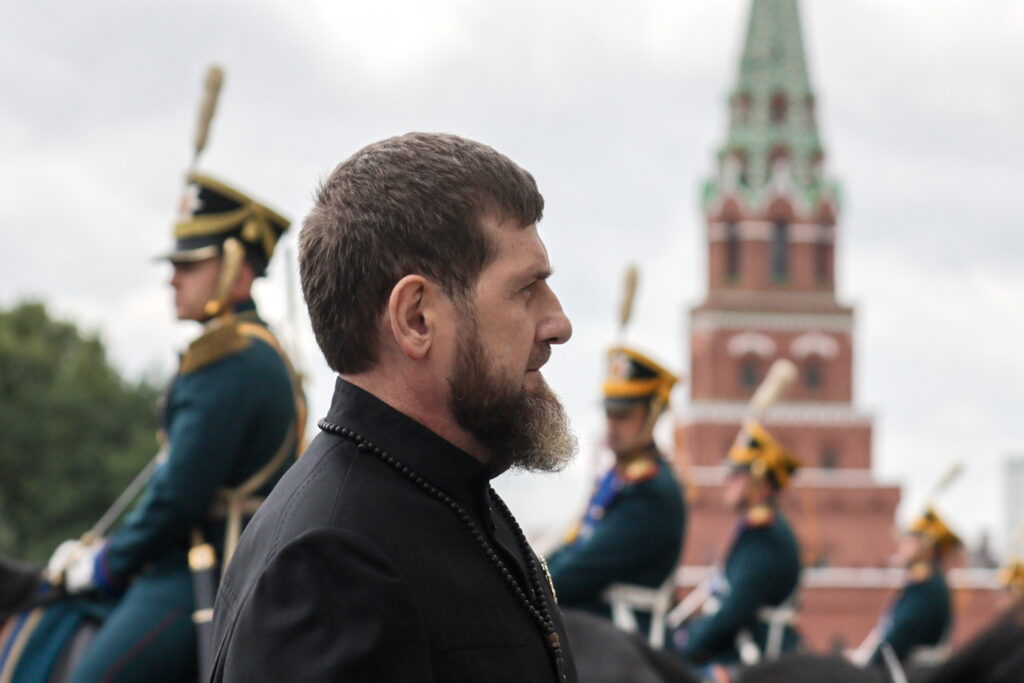Ramzan Kadyrov’s third-eldest son, Adam, has finally turned eighteen years old. Over the past two years, it has become increasingly clear that Adam is the desired heir, with Ramzan even going so far as to reportedly ask Putin to allow Adam to succeed him.
Kadyrov’s health and succession-planning in the regime has been the focus of media and analysts’ attention, attempting to explain what may happen and what indicators to look for. Adam becoming an adult is a significant milestone in Kadyrov’s succession-planning, but it does not change the fundamental problems undermining the desired transition. This article will provide an overview of the impact of Adam coming of age.
Adulthood without official meaning
The importance of Adam turning eighteen is that he could now take major steps in his political-social progression, like getting married and becoming a government official. However, he has already achieved both of these things.
The first report of Adam’s potential marriage came in June 2024. Adam, then 16, was allegedly marrying the daughter of Senator Suleiman Geremeev, and at the same time that his older brother, Ali, was supposedly marrying the eldest granddaughter of Adam Delimkhanov. No confirmation of this emerged, with the truth emerging a year later. Ramzan, and Ayshat, confirmed Adam’s marriage to Adam Delimkhanov’s great-niece, Medni. Adam’s wife was actually a niece of Delimkhanov—which would make her potentially the daughter of Suleiman Geremeev.
Such attention to detail is crucial in evaluating elite networks and how Ramzan is changing them in his desire to secure his family’s, and particularly Adam’s, future. It is noteworthy that only Tabarik previously married into such a major family, as her husband is the son of Abuzaid Vismuradov, one of Ramzan’s longest serving confidants. Adam’s recent marriage will reinforce his position in his generation of emergent elites, as well as signal to more established elites not to challenge him. This would fit with other reports of Adam Delimkhanov’s effectual demotion and the transfer of the assets he controlled on Ramzan’s behalf to the younger Kadyrov. Delimkhanov, named Ramzan’s successor in 2009, is being moved aside to significantly strengthen Adam’s bargaining position with respect to other regime elites and to elites in Moscow.
Professionally, Adam has progressed rapidly. In 2023, he was given his first position in the regime as the head of his father’s security. He subsequently became the «curator» of the Defense Ministry’s Baysangur Benoevskyy and Sheikh Mansur Battalions, and then of the Russian Spetsnaz University in April 2024. One year later, Adam was appointed the Secretary of the republic’s Security Council, a legitimate government position. This came just weeks before Kadyrov asked once again to step down. As Adam already serves in government and is close to the kadyrovtsy, his only way to progress is through executive leadership positions or by replacing Magomed Daudov as prime minister.
No repeat of Ramzan’s ascendance
While it is tempting to look at Ramzan’s own ascendance for prediction, Adam will not be following his father’s path to power, even if Ramzan has made some efforts to replicate it. Adam was appointed as the head of Ramzan’s bodyguards, directly mirroring Ramzan’s own first official role. Their respective political progressions after that start have, so far, diverged significantly. Finally, time and Ramzan’s health troubles would favor the outcome that the Kremlin would need to appoint a placeholder before Adam is able to succeed; this would also repeat his father’s steps to power.
A number of major factors guarantee Adam cannot simply replicate his father’s ascendance. Most obviously, there is no insurgency. While numerous acts of peaceful and violent resistance in Chechnya and around the North Caucasus have occurred in recent years, there remain significant hurdles to the emergence of a large-scale resistance movement in the region. Such security concerns in the 2000s not only provided the opportunity for Ramzan’s emergence as a powerful actor in Chechnya, but the necessary conditions in Moscow for the Kremlin, and the siloviki, to accept his rise.
The fact it is no longer the 2000s has two further, related implications. First, Ramzan’s successor will not hold the same degree of importance to Putin, as the focus of security crises has shifted at present. Thus, any subsequent Moscow-Grozny contract would grant Grozny less influence. Second, there are no legitimate rivals to the Kadyrovs’ power in Chechnya. The dynamics around federal balancing between the Kadyrovs, the Yamadaev brothers, Movsadi Baysarov, and Said-Magomed Kakiev no longer exist. Certainly, other powerful families and ambitious actors exist within the regime that would relish the opportunity to make a power-play. Any simultaneous control over economic and security resources outside the Kadyrov family is minor, after the developments of this year, which built off of the previous re-concentration of assets in the hands of Kadyrov’s children, mostly Tabarik. The personal-institutional structures that the Kremlin established in Chechnya now differ too much for Ramzan to attempt to repeat his path to power with Adam.
Questions answered?
When I addressed the idea of a post-Kadyrov transition nearly eighteen months ago, I highlighted three specific questions: can a placeholder be trusted, will the children fall to in-fighting, and will an insurgency be able emerge. Some preliminary answers have already emerged.
Whether anyone can be entrusted as a placeholder for a Kadyrov-successor seems answered, although not concretely. From Ramzan’s perspective, the answer is clearly no. Adam Delimkhanov has been moved to make space for Adam Kadyrov’s rise, as have other officials. Meanwhile, many officials in Moscow desire to end the Kadyrov family’s reign, replacing their regime with a more malleable governor. Neither desire allows for a temporary placeholder to rule. Putin’s decision will be the determining factor, but these two plans are blatantly irreconcilable.
Any potential for in-fighting amongst Ramzan’s children already appears negated. Ali has not moved into greater power, with Akhmat continuing to fill Ali’s ideal roles, and Ayshat has in fact resigned from government, presumably to focus on following her grandmother and mother at the Akhmat Kadyrov Foundation and Firdaws. Their other sisters have also greatly reduced their public images. The family continued to receive state awards at the end of last December, however, so much has changed this year.
While signs of resistance increased within Chechnya in 2024, larger dynamics necessary for a sustained, organized insurgency remain unchanged. Despite this, various cells have conducted a variety of guerilla-style attacks around the North Caucasus and southern Russia throughout this year. The Committee for Ingush Independence’s (KIN) Ingush Liberation Army (IOA)—built on Turkey-Syria ties, with claims of cells inside Ingushetia—conducted at least one attack inside the North Caucasus. Additionally, Ukraine-tied networks have conducted a variety of attacks on infrastructure and military personnel. While this activity transpired outside Chechnya, but they indicate the dynamic status of regional security that affects decision-making for the Kadyrov regime and the Kremlin. As evidenced by Ramzan’s history, regional destabilization can be manipulated selectively in order to facilitate one’s political ascendance. Whether Adam could replicate that remains questionable.
Adam Kadyrov in many ways is in a stronger position now than a year ago, but his coming of age was irrelevant in this development. The potential for him to succeed his father, however, remains limited in the current circumstances.










